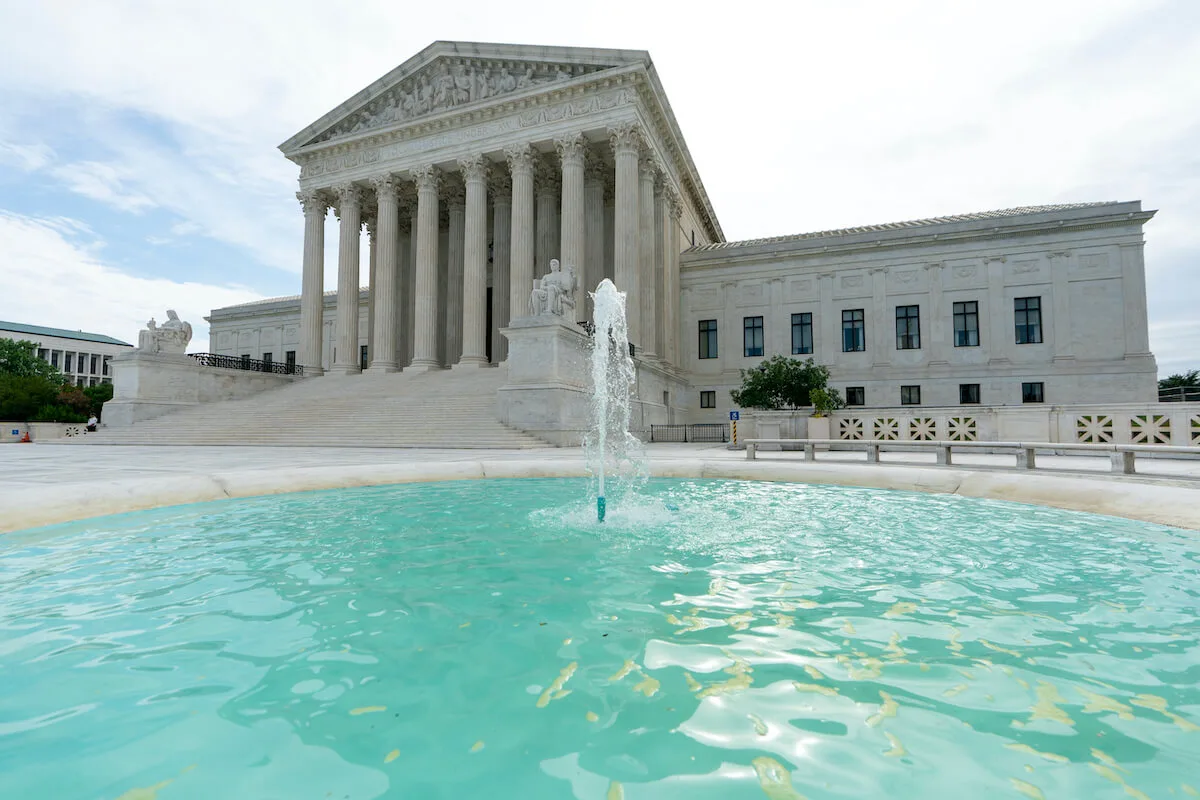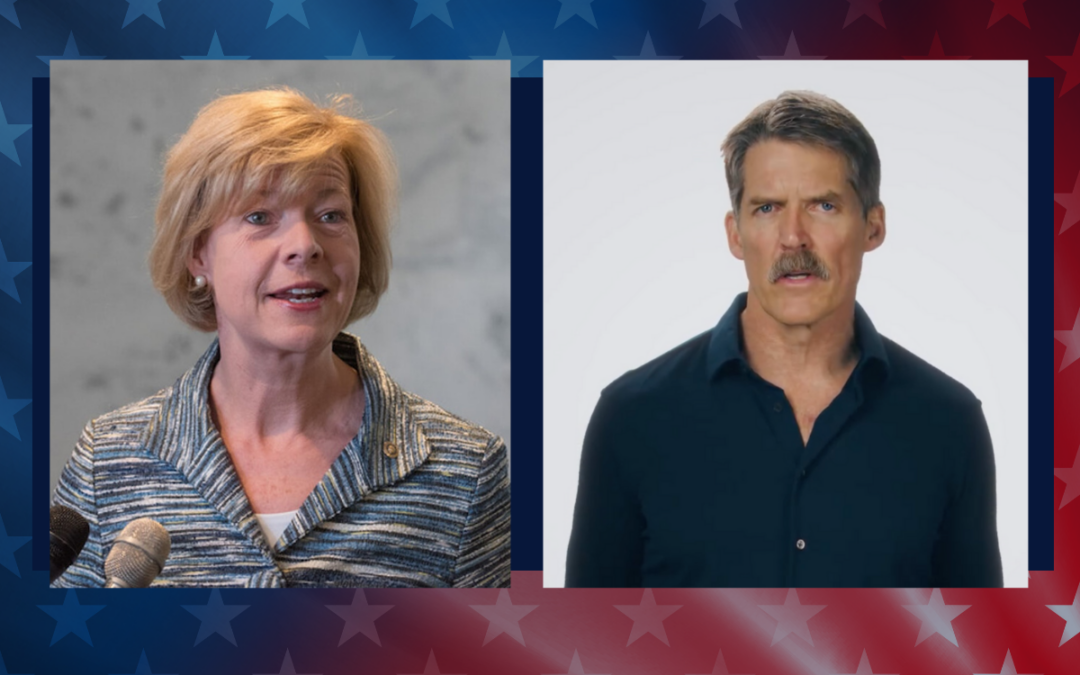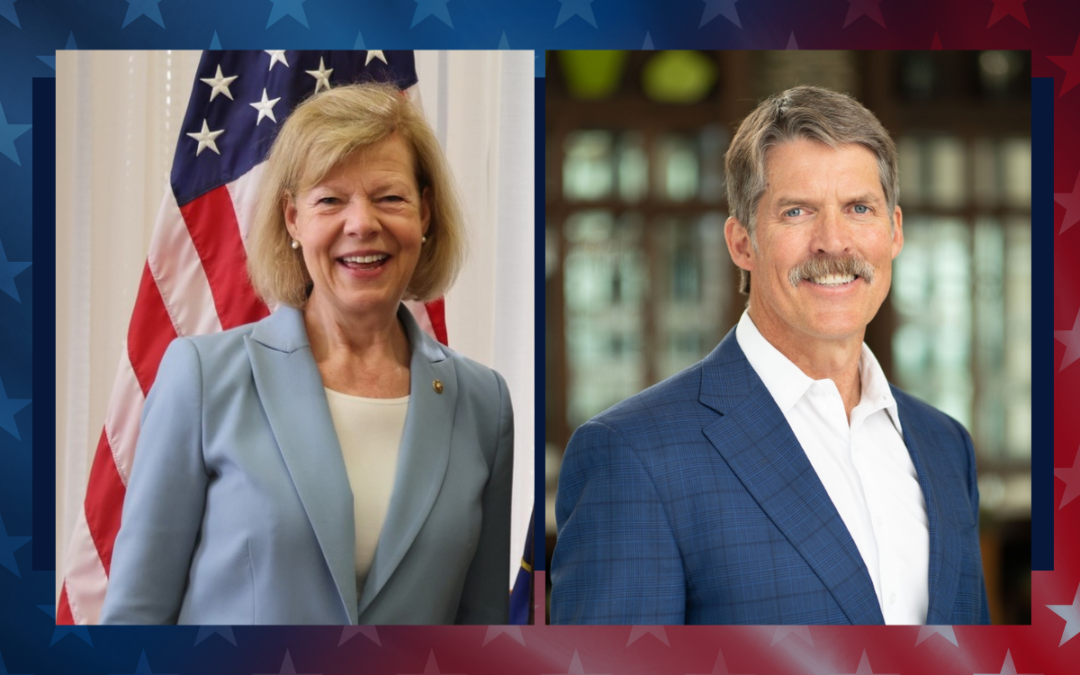
#image_title
#image_title
“After today, young women will come of age with fewer rights than their mothers and grandmothers had,” wrote Justice Stephen Breyer.
[This story will be updated to add Wisconsin reaction and to clarify that a quote about legal strategy was made prior to today’s ruling.]
The US Supreme Court revoked access to safe and legal abortion in a ruling Friday, which could quickly lead to nearly all abortions being banned in Wisconsin.
The decision is the culmination of a political right-wing takeover at the highest levels of the American judiciary. The conservative justices on the US Supreme Court have—for the first time ever—removed a Constitutional right that had been added by the court, by repealing the privacy rights and abortion protections of Roe v. Wade in a decision about Mississippi’s 15-week ban.
“After today, young women will come of age with fewer rights than their mothers and grandmothers had,” Associate Justice Stephen Breyer wrote in the dissenting opinion. “The majority accomplishes that result without so much as considering how women have relied on the right to choose or what it means to take that right away.”
Gov. Tony Evers called this “an unfathomably grim day for our state and our country. I am heartbroken—for the millions of Wisconsinites and Americans the US Supreme Court has abandoned and for our country and our democratic institutions. This is an absolutely disastrous.”
Sen. Tammy Baldwin released a statement that said, “An activist majority of the Supreme Court has overturned Roe and nearly 50 years of precedent, taking away the constitutional rights of American women to make their own personal choices about their body, their health, and their family. Republicans have taken Wisconsin women back to 1849 and it is Republicans who want to keep us there with support for having politicians interfere in the freedoms of women who will now have fewer rights than their mothers and grandmothers have had for decades. I ask people to join this fight with their voices and their votes because we will not be taken back, we will move forward.”
In Wisconsin, the likely result is the reimplementation of a near-total ban on abortion, written into state law in 1849, the year after statehood and decades before women had the right to vote. The law—classifying abortion as a felony—has an exception for what was then called a “therapeutic abortion” to “save the life of the mother.”
Evers, a Democrat, called the Legislature into special session this week to consider repealing the 183-year-old law. Republicans refused. Presiding officers in both the state Senate and Assembly gaveled and adjourned the session within seconds.
Some progressives, including Democratic Wisconsin Attorney General Josh Kaul, are arguing that the statute is so old that it’s unenforceable. A legal theory known as the desuetude doctrine allows statutes that haven’t been enforced over a period of time to lapse. That could lead to a complicated court battle to clarify the ban’s breadth and status.
Mike Murray, a spokesman for Planned Parenthood of Wisconsin, declined last month to comment about his group’s legal strategies. If nothing is done, emergency room doctors faced with a pregnant woman in distress would have to call their hospitals’ attorneys to see if they can legally perform an abortion, he said.
“You’re going to have attorneys probably playing a pretty significant role in whether or not incredibly sick pregnant women can get the health care they need in Wisconsin,” Murray said.
The fight also could begin when the first county prosecutor learns of an abortion within his or her jurisdiction and must decide whether to bring charges, Schwartz said. Kaul already has said he won’t allow the state Justice Department to investigate or help local prosecutors with abortion cases.
If Republicans are able to defeat Evers this fall or gain enough seats to have a veto-proof majority in both houses of the Legislature, they are expected to propose a blanket ban through updated legislation. In the meantime, legal observers expect the GOP or its allies to file a lawsuit asking the conservative-controlled state Supreme Court to better define the current limits of the 1849 law.
The decision raises the stakes for next year’s election for a state Supreme Court seat. Conservative Justice Patience Roggensack is retiring, and the conservatives’ current 4-3 majority could be upended if a progressive candidate were to win the post next April.
The ruling in the Mississippi case came more than a month after the stunning leak of a draft opinion by Justice Samuel Alito indicating the court was prepared to take this momentous step. The majority opinion, written by Alito, said justices in 1973’s Roe v. Wade were wrong in their determination that an implied right to privacy exists in the US Constitution to protect a woman’s abortion rights.
“The Constitution does not confer a right to abortion; Roe and Casey are overruled,” Alito wrote for the 6-3 majority. “The authority to regulate abortion is returned to the people and their elected representatives.”
The United States now becomes a checkerboard of state-level rights or restrictions, with 13 states putting laws into effect that were written with triggers that made them legal if Roe were to be repealed—while other states like Wisconsin revert to earlier laws that were overruled by Roe. An estimated 40 million women and girls in nearly half the states will no longer have abortion access where they live.
The ruling puts the court at odds with a majority of Americans who favored preserving Roe, according to opinion polls—including 58% of Wisconsinites surveyed recently in the Marquette Law School poll.
The Associated Press contributed to this story.
Politics

What’s the difference between Eric Hovde and Sen. Tammy Baldwin on the issues?
The Democratic incumbent will point to specific accomplishments while the Republican challenger will outline general concerns he would address....

Who Is Tammy Baldwin?
Getting to know the contenders for this November’s US Senate election. [Editor’s Note: Part of a series that profiles the candidates and issues in...
Local News

Stop and smell these native Wisconsin flowers this Earth Day
Spring has sprung — and here in Wisconsin, the signs are everywhere! From warmer weather and longer days to birds returning to your backyard trees....

Your guide to the 2024 Blue Ox Music Festival in Eau Claire
Eau Claire and art go hand in hand. The city is home to a multitude of sculptures, murals, and music events — including several annual showcases,...





